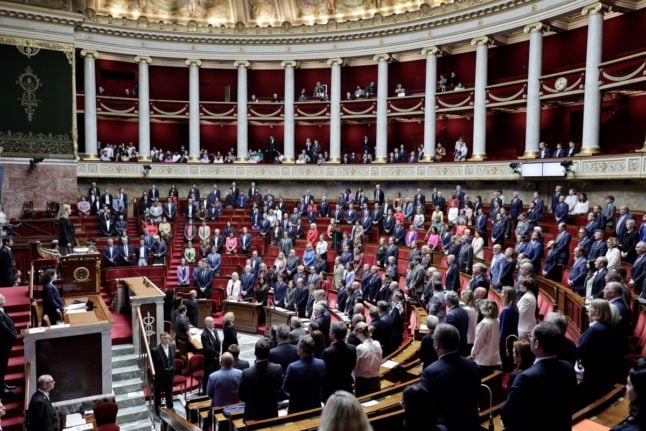“I’m extremely proud… it’s difficult to create jobs without companies and without entrepreneurs,” the 44-year-old told reporters in southeast France.
“I would do it again tomorrow and the day after tomorrow.”
The pro-business centrist leader came under fire from opponents on Monday following investigations in Le Monde and The Guardian newspapers which revealed repeated discussions between Macron and Uber over the group’s operations in France.
Le Monde said Macron had been “more than a supporter, almost a partner” to the controversial US-based firm by offering to help with lobbying efforts to shape legislation and get around restrictive French regulation.
“We are creating a sort of atmosphere in which seeing the heads of companies, in particular foreign ones, is a bad thing. But I acknowledge it completely,” Macron said on the sidelines of an event in Crolles.
“I’ve seen the heads of companies. What a shock! I saw them, it was always official, with my aides, and I’m proud. If they created jobs in France, then I’m super proud of that.”
The newspapers said some of the meetings with Uber executives were not recorded in Macron’s official diary and took place without the knowledge of other members of then Socialist government.
Macron, a former investment banker, took an openly pro-Uber position amid sometimes violent protests against the firm by taxi drivers and criticism from cabinet colleagues.
Macron defended the group for providing employment for people in low-income areas and breaking the monopoly held by taxi companies.



 Please whitelist us to continue reading.
Please whitelist us to continue reading.
Member comments